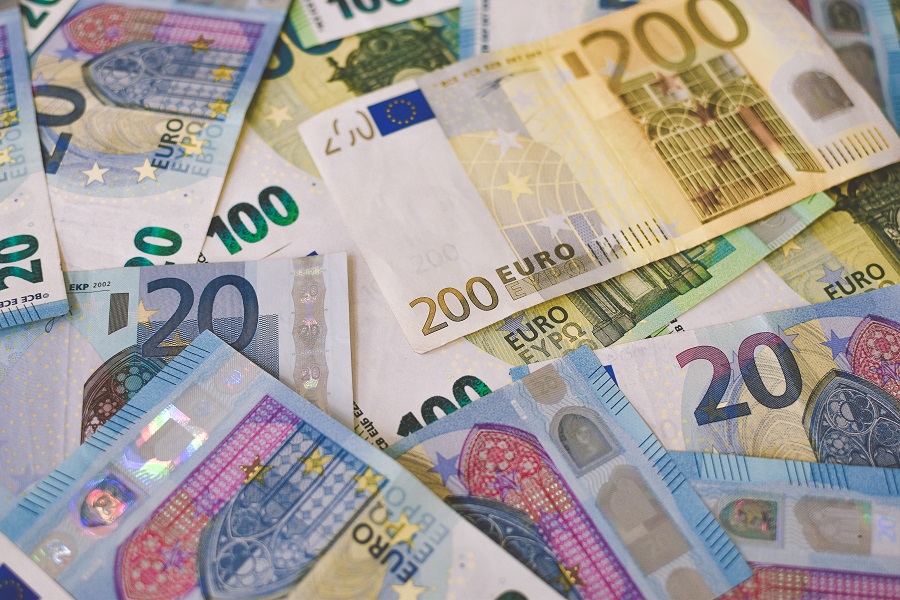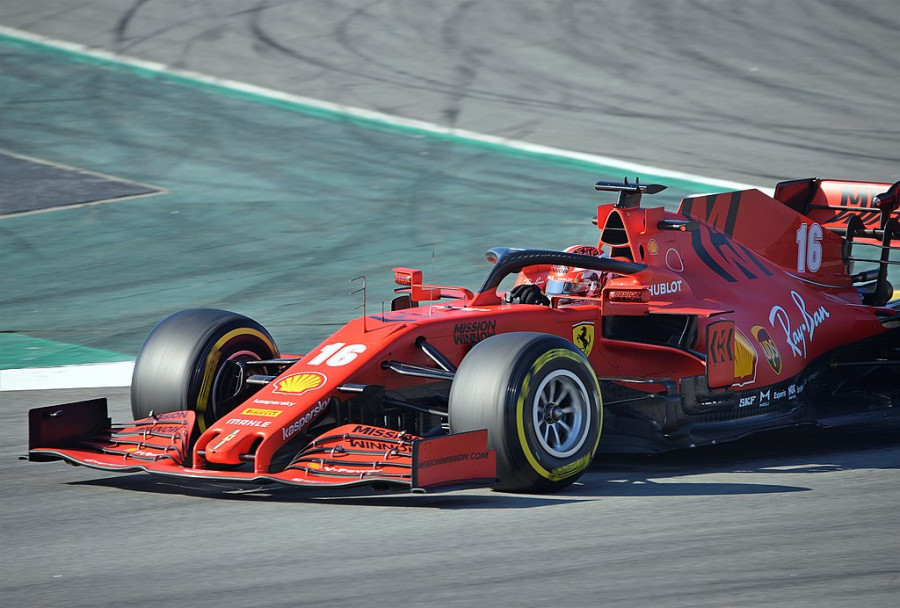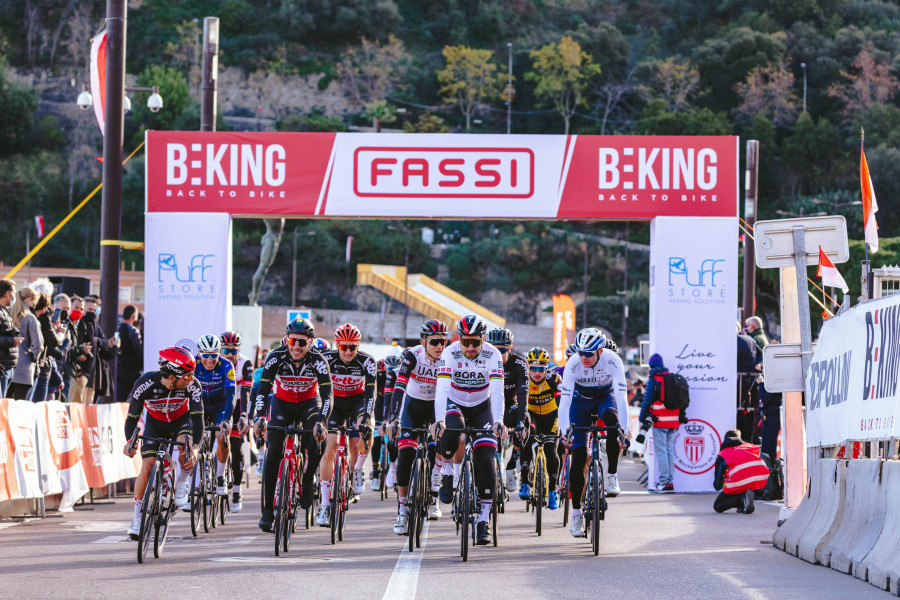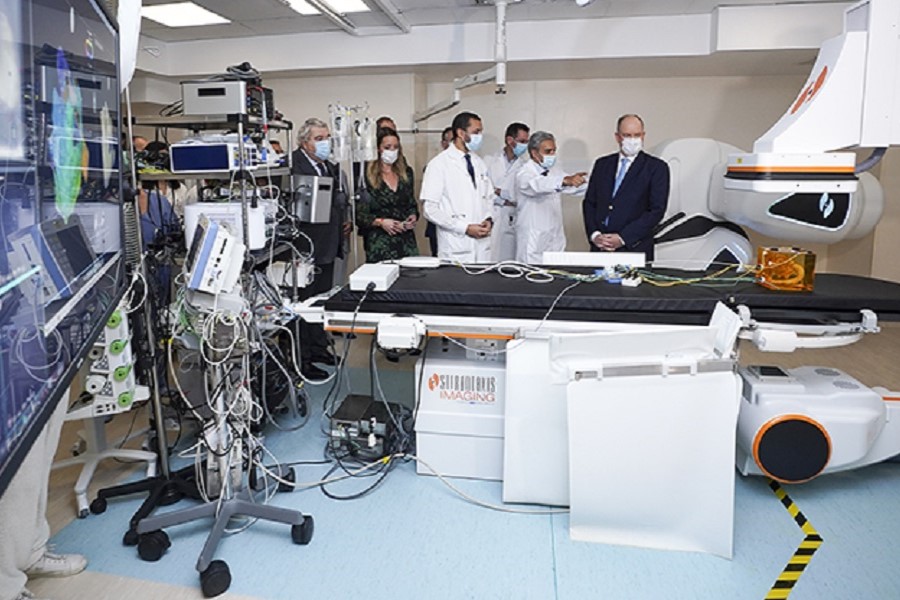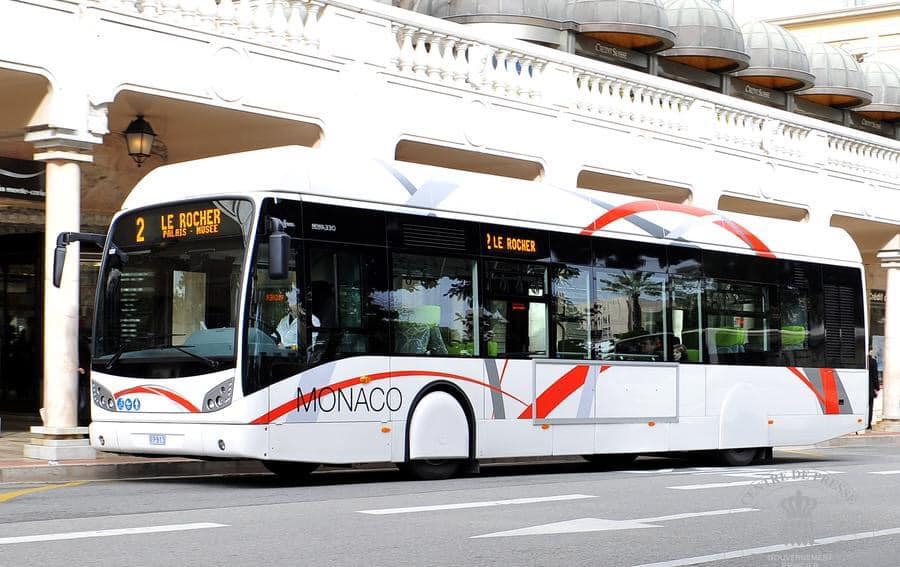Charles Leclerc’s vice-champion title was a just reward for a consistent, but ultimately fruitless season that was punctuated by moments of strategic ineptitude. The Monegasque must wait another year to attempt to dethrone Max Verstappen.
Leclerc’s title challenge was ultimately a false prophecy. Much was made of Ferrari’s advanced preparation for the new era of Formula 1 car, and under the night sky at the Bahrain International circuit back in March, it looked like the stars would align for the Monégasque.
Quick off the line
Ferrari clearly had the pace. For many years, Ferrari had set their sights on the rule changes that were set to be introduced in 2022, and the hope was that the Italian manufacturer could propel itself up the grid following years of underwhelming mediocrity.
The early signs were more than positive. Leclerc took pole and then the race victory in the opening Bahrain Grand Prix as Ferrari took an astonishing one-two, their first since Singapore in 2019.
But even in their pomp, it was evident that Ferrari wouldn’t have things entirely their own way. Verstappen hit back in Saudi Arabia, finishing less than a second ahead of Leclerc before the Monaco-born driver returned to winning ways in Australia.
At this stage of the season, Leclerc was driving flawlessly, and the Ferrari was clearly the quickest car on track. Only the brilliance of Verstappen, who at the time was seemingly driving beyond the capacities of his own machinery, was denying the Monegasque driver from constructing a considerable early lead.
But that was as good as it got for Leclerc. A rare error cost him at the Emilia Romagna Grand Prix, and by the time the grid headed for the inaugural Miami Grand Prix in May, it felt as though the tide had turned.
Monaco curse continues
Ferrari’s development had seemingly stalled, whilst Red Bull continued to improve their car, closing the gap to their rival, and ultimately outperforming them just five races into the season. Their ascent was confirmed with a one-two in Barcelona, a race in which Leclerc was forced to retire with a mechanical issue.
Going into his home Grand Prix in Monaco, Leclerc’s task was two-fold: reassert his title credentials, and end the ‘Monaco Curse.’ Just a fortnight before the race, the omens weren’t good. Leclerc’s ceremonial parade of Niki Lauda’s Ferrari 312 B3 ended in disaster as a brake failure saw him hit the barriers at Rascasse.
Speaking to Monaco Life before the race, Leclerc nonetheless dispelled notions of ill fortune.
“It’s true that when I look at the last races at home, and of course a couple of weeks ago, I haven’t been lucky, but I don’t believe in bad luck. I do, however, believe that there is balance in life. I’m sure that all those years off poor luck will be compensated for down the line. Hopefully, that will start this year,” he said.
However, it wasn’t to be for Leclerc. In the first of many tactical hiccups, Ferrari spent too long on intermediate tyres in drying conditions in Monte-Carlo, and Sergio Perez expertly deployed the undercut, overtaking the home favourite in the pits, and securing the victory. Leclerc didn’t even make the podium.
Title challenge skids off track
By the time the British Grand Prix came around in July, Leclerc’s title challenge was on the ropes. Verstappen had won in Canada and then in Azerbaijan, and it looked like he had the machinery to match his prodigious talent.
While it was too early to talk about nails going in coffins, Ferrari’s calamitous error to leave Leclerc out on worn tyres when in the lead after a late safety car, felt terminal. The Monégasque should have secured the race victory, but he was eaten up in the dying laps and didn’t even manage a podium place.
Frustrated with his team’s decision-making, he was reprimanded, on camera, by Mattia Binotto. The start-of-season optimism had certainly dissipated. Leclerc’s victory on Red Bull soil in Austria was Ferrari’s last hurrah before Leclerc’s season quite literally hit the skids in France. In the lead of the race, he careered into the barriers. Verstappen was all too pleased to pick up the pieces, and Leclerc and Ferrari would fail to win again in 2022.
Ominous dominance
From the Hungarian Grand Prix onwards, Verstappen was nothing short of imperious. The Dutchman won nine of the remaining 11 races on the calendar, overall securing 15 races across the season – a Formula 1 record. The impressive record was not only a testament to his own uncontested talents but also the rate of development of the Red Bull itself. In comparison, the Ferrari looked like it was moving through treacle. They couldn’t keep up with their rivals.
Verstappen wrapped up his second world title with four races to spare, and his team secured the constructors with three races remaining. Ferrari had no response to Red Bull’s ominous dominance, but they did nonetheless finish the season on a positive note.
Leclerc’s second place in Abu Dhabi secured him the vice-champion title against all odds, with the Ferrari team outmatching Red Bull’s strategy, and punishing their decision to pit Perez.
Ultimately, however, Leclerc is left clinging to consolations this season. Towards the end of the campaign, he was willing on the winter break. How he and his team use the off-season will dictate Ferrari’s fate next season. Lessons must be learnt from last season if Leclerc and Ferrari are to mount a lasting challenge to Verstappen’s supremacy next time around.
Photo source: Alberto-g-Rovi
